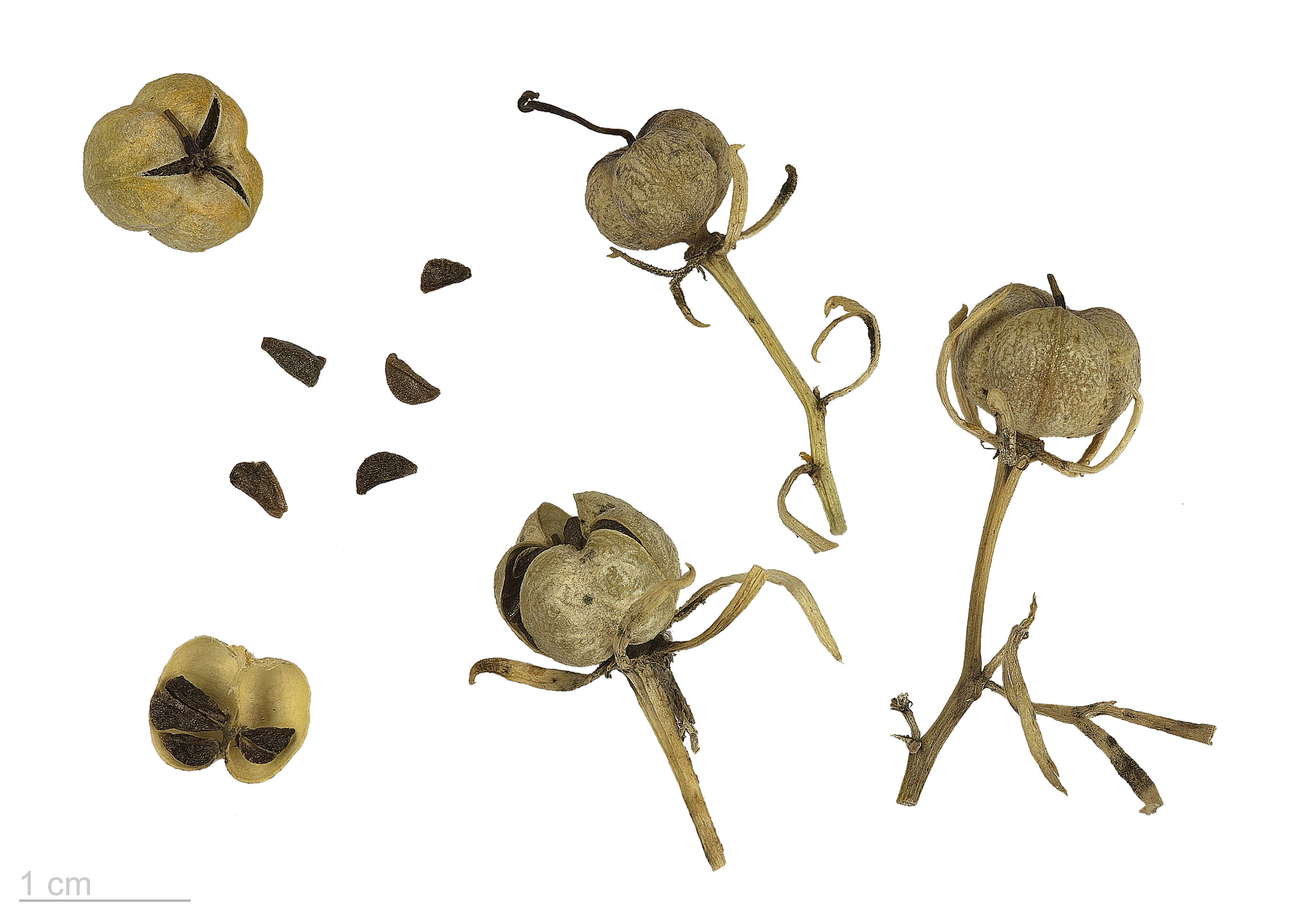|
Harmala (fl. 680 CE), early Muslim archer
{{disambiguation ...
Harmala could refer to: * ''Peganum harmala'', plant species :* Harmala alkaloids, family of substances found within the plant species * Harmala, Idlib, Syria, a village * Al-Nabigha bint Harmala (fl. 600s CE), early Muslim * Harmala ibn Kahil Harmala ibn Kahil () was an archer at the Umayyad side at the Battle of Karbala. He was the killer of Ali al-Asghar ibn Husayn, the great-grandchild of Muhammad, on 10 October, 61 AH (680 CE). When Imam Al-Husayn had lost all hope against the enem ... [...More Info...] [...Related Items...] OR: [Wikipedia] [Google] [Baidu] |
Peganum Harmala
''Peganum harmala'', commonly called wild rue, Syrian rue, African rue, esfand or espand,Mahmoud OmidsalaEsfand: a common weed found in Persia, Central Asia, and the adjacent areasEncyclopædia Iranica Vol. VIII, Fasc. 6, pp. 583–584. Originally published: 15 December 1998. Online version last updated 19 January 2012 or harmel (among other similar pronunciations and spellings), is a perennial, herbaceous plant, with a woody underground rootstock, of the family (biology), family Nitrariaceae, usually growing in saline soils in Desert#Classification, temperate desert and Mediterranean climate, Mediterranean regions. Its common English-language name came about because of a resemblance to rue (to which it is not related). Its seeds contain a high concentration (at least 5.9% by weight) of diverse beta-carboline alkaloids. It has deep roots and a strong smell, finely divided leaves, white flowers rich in alkaloids, and small Capsule (fruit), seed capsules containing numerous dark, ... [...More Info...] [...Related Items...] OR: [Wikipedia] [Google] [Baidu] |
Harmala Alkaloids
Harmala alkaloids are several alkaloids that act as monoamine oxidase inhibitors (MAOIs). These alkaloids are found in the seeds of ''Peganum harmala'' (also known as harmal or Syrian rue), as well as ''Banisteriopsis caapi'' (ayahuasca), leaves of tobacco and coffee beans. The alkaloids include harmine, harmaline, harmalol, and their derivatives, which have similar chemical structures, hence the name "harmala alkaloids". These alkaloids are of interest for their use in Amazonian shamanism, where they are derived from other plants. Harmine, once known as telepathine and banisterine, is a naturally occurring β-carboline alkaloid that is structurally related to harmaline, and also found in the vine ''Banisteriopsis caapi''. Tetrahydroharmine is also found in ''B. caapi'' and ''P. harmala''. Dr. Alexander Shulgin has suggested that harmine may be a breakdown product of harmaline. Harmine and harmaline are reversible inhibitors of monoamine oxidase A (RIMAs). They can stimulate t ... [...More Info...] [...Related Items...] OR: [Wikipedia] [Google] [Baidu] |
Harmala, Idlib
Harmala, Idlib () is a Syrian village located in Abu al-Duhur Nahiyah in Idlib District, Idlib Idlib (, ; also spelt Idleb or Edlib) is a city in northwestern Syria, and is the capital of the Idlib Governorate. It has an elevation of nearly above sea level, and is southwest of Aleppo. It is located near the border with Turkey. History .... According to the Syria Central Bureau of Statistics (CBS), Harmala, Idlib had a population of 1380 in the 2004 census. References Populated places in Idlib District {{IdlibSY-geo-stub ... [...More Info...] [...Related Items...] OR: [Wikipedia] [Google] [Baidu] |
Al-Nabigha Bint Harmala
Salma bint Harmalah also known as (; ) was the mother of the prominent Sahaba Amr ibn al-A'as. She lived during the 6th century and was a contemporary of the Islamic prophet Muhammad. Her son ''Amr'' become Muslim in 630s. He became one of the greatest Muslim military leader. Biography Salma bint Harmalah was born in the Anazzah tribe, it was an Arabian tribe in the Northern Arabian Peninsula (now part of Northern Saudi Arabia) She was the mother of Amr ibn al-As, who was born in . His father, al-As ibn Wa'il, was a wealthy landowner from the Banu Sahm clan of the Quraysh tribe of Mecca. Following the death of al-As in , Amr inherited from him the lucrative estate and vineyards near Ta'if. Amr's mother was bint Harmalah from the Banu Jallan clan of the Anaza tribe. Salma bint Harmalah had been taken captive and sold, in succession, to several members of the Quraysh, one of whom was Amr's father. As such, Amr had two maternal half-brothers, Amr ibn Atatha of the Banu Adi and Uq ... [...More Info...] [...Related Items...] OR: [Wikipedia] [Google] [Baidu] |
